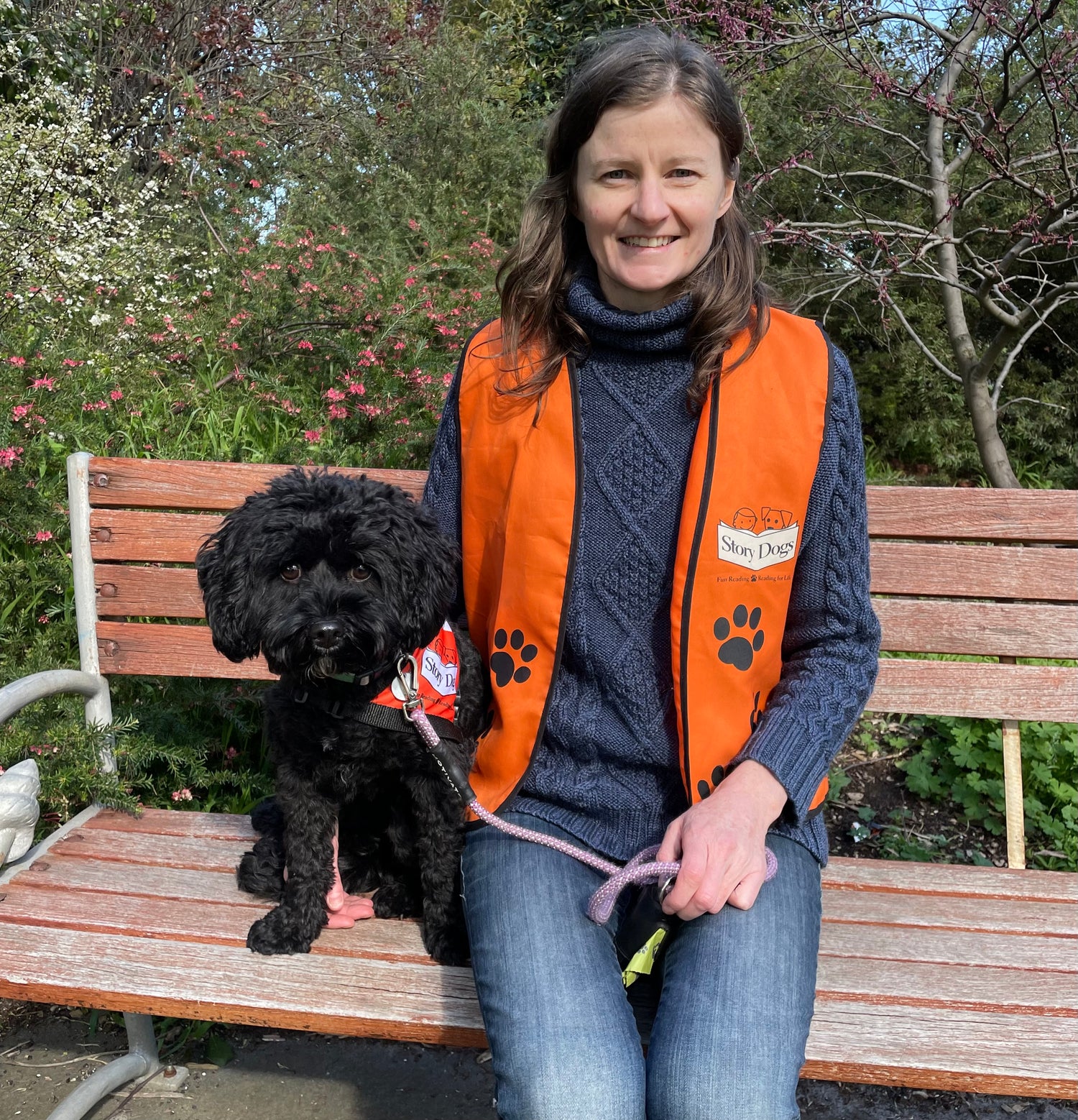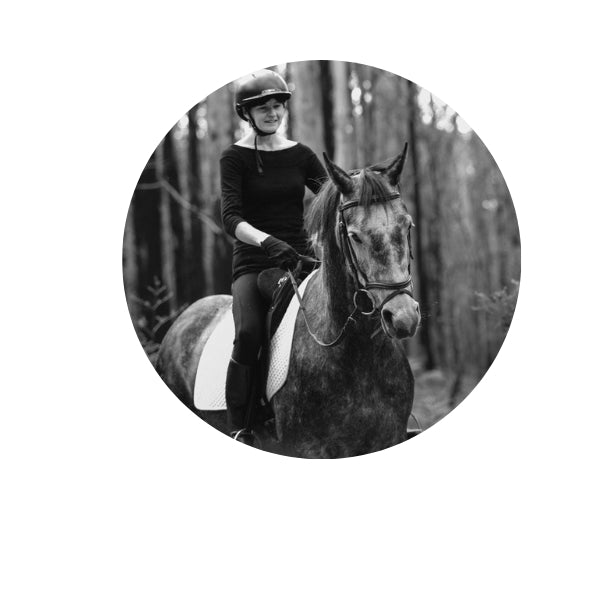About

Hello there, I'm Sarah
I'm an Accredited Mental Health Social Worker, EMDR therapist and Tuning in To Kids facilitator.
I've been a social worker for 25 years. Most of my work has been in mental health for children, young people and adults as a counsellor, clinical consultant and educator, including:
- school counsellor for Department of Education
- clinician at eheadspace
- clinical consultant at headspace School Support (now Be You)
- clinical educator at Orygen
- EAP clinician

I love my work. It is such a privilege to be trusted with people's stories, and to support them to explore their challenges and develop the skills and self-awareness that will see them thrive throughout their lives.
I'm especially interested in what drives us toward or keeps us out of connection with each other, and particularly working with accommodating personality styles and attachment trauma.
In my personal life I write fiction, paint, bake, ride horses, and am mum to two gorgeous ND boys (and a cheeky cavoodle, pictured above when we were volunteering for Story Dogs). I'm a late-diagnosed AuDHDer, too.

What does syzygy mean?
I follow the wonderful Facebook page Autistic Not Weird, which posed a question a little while ago asking people's favourite words (mine was 'plethora' - I love that word!).
Amongst a plethora (!) of great words I found syzygy, which resonated with me as I was thinking about a name for my practice. It's an astrological term, utilised by Carl Jung to describe deep psychological relationships, and in psychology to describe a state of balance or union between opposing forces or elements. It is often used to describe the integration of different aspects of the self, such as the conscious and unconscious, the masculine and feminine, or the rational and irrational (sourced here).
I'm especially interested in developmental psychology, where syzygy can refer to the integration of different stages of development, such as the integration of childhood experiences into adult life. This integration is necessary for the development of a coherent sense of self.
The term resonates with me because I don't think our experiences are as simple as good or bad, positive or negative. Our life experiences are nuanced and complex, and shining a light on the complexity helps us to understand and integrate our experiences into something not only coherent, but also something we can accept and celebrate, rather than reject or be afraid of.
